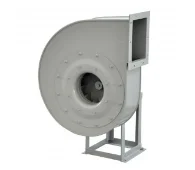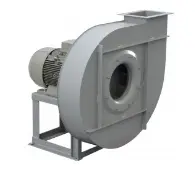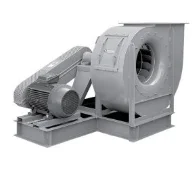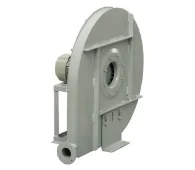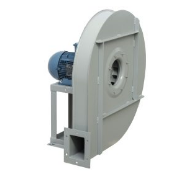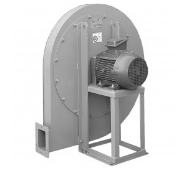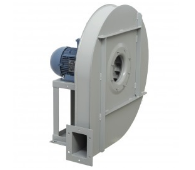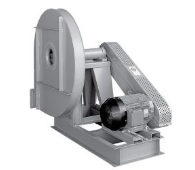Glass
How Ferrari Industrial Fans Are Used in Glass Applications
Glass container manufacturing has become a major global market. Annual demand for glass containers and glass sheets has risen to over 50 million tonnes.
There are two categories of glass production. The first is what we see in everyday life: glass bottles, glass tanks, glass bowls, and other glass packaging containers. The second is sheet form: used for windows in modern buildings, tempered glass panels, sliding glass doors, and all glass panels applications.
A typical glass manufacturing plant allocates space for a batch house, hot end, glass furnace, forming, annealing, cold end, coating and packaging. The glass furnace usually operates continuously for at least a month as it handles hundreds of tonnes of molten glass. On average, a factory will produce 1-3 million containers every day.
Glass sheet is made by floating molten glass on a bed of molten metal. The critical point in the production process is to obtain uniform thickness and flatness.
Combustion air and cooling fans must be in place and installed correctly for furnaces, exhaust fans, and recovery systems. Recirculation fans are necessary during the process of glass forming, as well as mold cooling and air staging.
Ferrari Industrial Fans provides a wide range of sophisticated industrial fans and blowers for the glass industry, from ventilation systems to heavy duty abrasion resistant fan solutions.
Typical Glass Applications
Temper & quench
The process of glass and steel production uses fans for tempering of glass. To complete a specific set of surface properties, high-temperature sheets of glass and metal are exposed to high-velocity ambient air from glass blowers. During this part of the process, the air is typically filtered and directed onto the hot surface.
There are several steps of air jets directed at the quenched surface when the required surface temperature is reached. Because the air is a poor medium for heat transfer, the air-quench tempering blowers can considerably demand the air and horsepower. Therefore, the highest efficiency metal or glass tempering blowers are applied for this application.
Oven cooling
Annealing of glass, commonly known as oven cooling, is the process of slowly cooling hot glass objects after the glass forming process.
This helps to relieve residual internal stresses introduced during the glass manufacturing stage. Any glass which has not been annealed properly will retain thermal stresses caused by quenching – decreasing the strength and reliability of the product. Inadequately annealed glass is likely to shatter when subject to small changes in temperature or mechanical stress.
For smaller, simpler objects, annealing may be incidental to the manufacturing process. For more complex products, glass manufacturers commonly demand a special process of annealing in a temperature-controlled kiln because glass annealing is critical to its durability and reliability.
Mold cooling
The glass mold temperature controller is vital for consistent molding. To provide suitable cooling, the bottle machines use fans to circulate air over the molds.
This vastly disperses heat to achieve economical production and equally expand the temperature across the mold to ensure product quality.
To control the strenuous environmental conditions of the glass making industry, suitable and customised fans are ultimately required.
